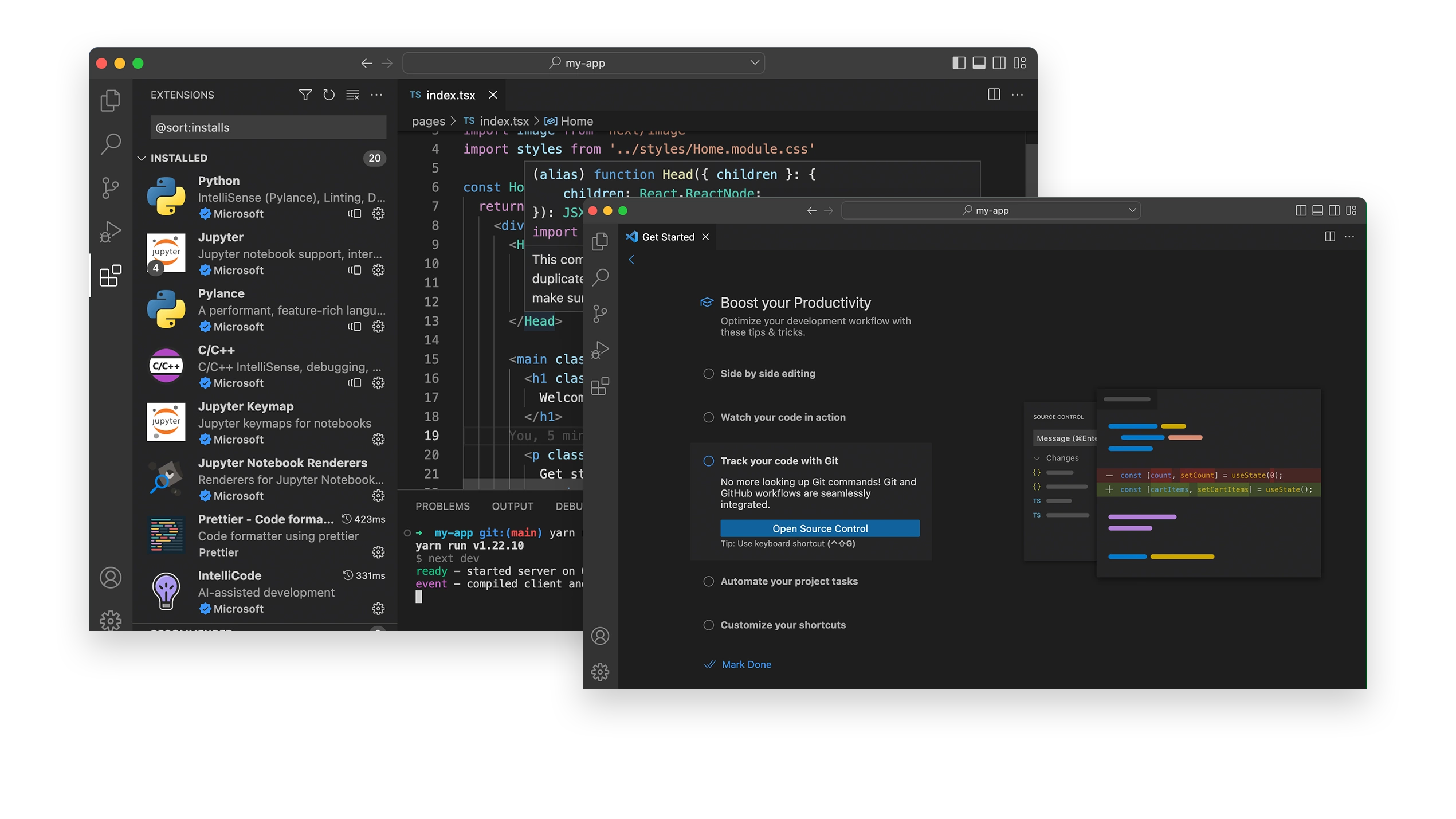Blitz News Digest
Stay updated with the latest trends and insights.
Code Like a Pro Without Losing Your Mind
Unlock your coding potential and master programming like a pro—without the stress! Dive in for tips that keep your sanity intact.
5 Essential Coding Practices to Boost Your Productivity
Being productive in coding requires not just hard work but smart work. Here are 5 essential coding practices that can significantly boost your productivity:
- Write Clean and Readable Code: Adopting a consistent coding style and proper naming conventions can make your code far easier to read and maintain. According to Codecademy, writing clean code helps you and your teammates understand each other’s contributions faster.
- Use Version Control: Implementing a system like Git is invaluable for tracking changes and collaborating with others. As highlighted by Atlassian, version control can prevent conflicts and save time in the long run.
- Break Down Tasks: Dividing your work into smaller, manageable chunks can make large coding projects feel less overwhelming. The Smartsheet guide emphasizes that smaller tasks can boost your focus and motivation.
- Regularly Refactor Your Code: Continuously improving your code is crucial for maintaining its efficiency and understanding its logic. As discussed by FreeCodeCamp, refactoring leads to cleaner code and may reduce technical debt.
- Automate Repetitive Tasks: Embracing automation for recurring processes can save valuable time that you can spend on more complex issues. Check out this insightful article from HubSpot on automating your workflow.

How to Manage Coding Stress: Tips for Maintaining Focus
Coding stress can be overwhelming, especially for those facing tight deadlines and complex projects. To effectively manage this stress and maintain focus, it's essential to implement practical strategies. One effective approach is to practice time management by breaking tasks into smaller, manageable chunks. This can be achieved through techniques like the Pomodoro Technique, where you work in short, focused bursts followed by breaks. This structure not only enhances productivity but also helps in reducing anxiety levels.
Additionally, creating a supportive work environment is crucial for maintaining focus while coding. Consider incorporating tools and resources that foster concentration, such as background music, noise-canceling headphones, or productivity apps. Moreover, don't hesitate to take regular breaks to step away from your screens. Engaging in quick physical activities, such as stretching or short walks, can greatly alleviate stress and restore mental clarity. Remember, prioritizing mental well-being is just as important as the code you produce.
What Are the Best Tools for Efficient Coding and Debugging?
Efficient coding and debugging are essential components of successful software development. Among the best tools available, Visual Studio Code stands out due to its extensive features and versatility. For instance, it supports a wide range of programming languages, offers an integrated terminal, and boasts an impressive library of extensions to enhance functionality. Another highly recommended tool is JetBrains IntelliJ IDEA, particularly for Java developers, as it provides robust code analysis, smart completion, and a seamless debugging experience. You can find more information about these tools on Visual Studio Code and JetBrains IntelliJ IDEA.
In addition to these IDEs, Git plays a crucial role in version control, enabling developers to track changes efficiently and collaborate seamlessly. Coupled with platforms like GitHub or GitLab, developers can manage their code repositories, making it easier to spot errors and enhance productivity. Moreover, utilizing debugging tools such as GDB for C/C++ or Chrome DevTools for web development further simplifies the bug-fixing process. Learn more about version control on Git and explore the debugging capabilities of Chrome DevTools.